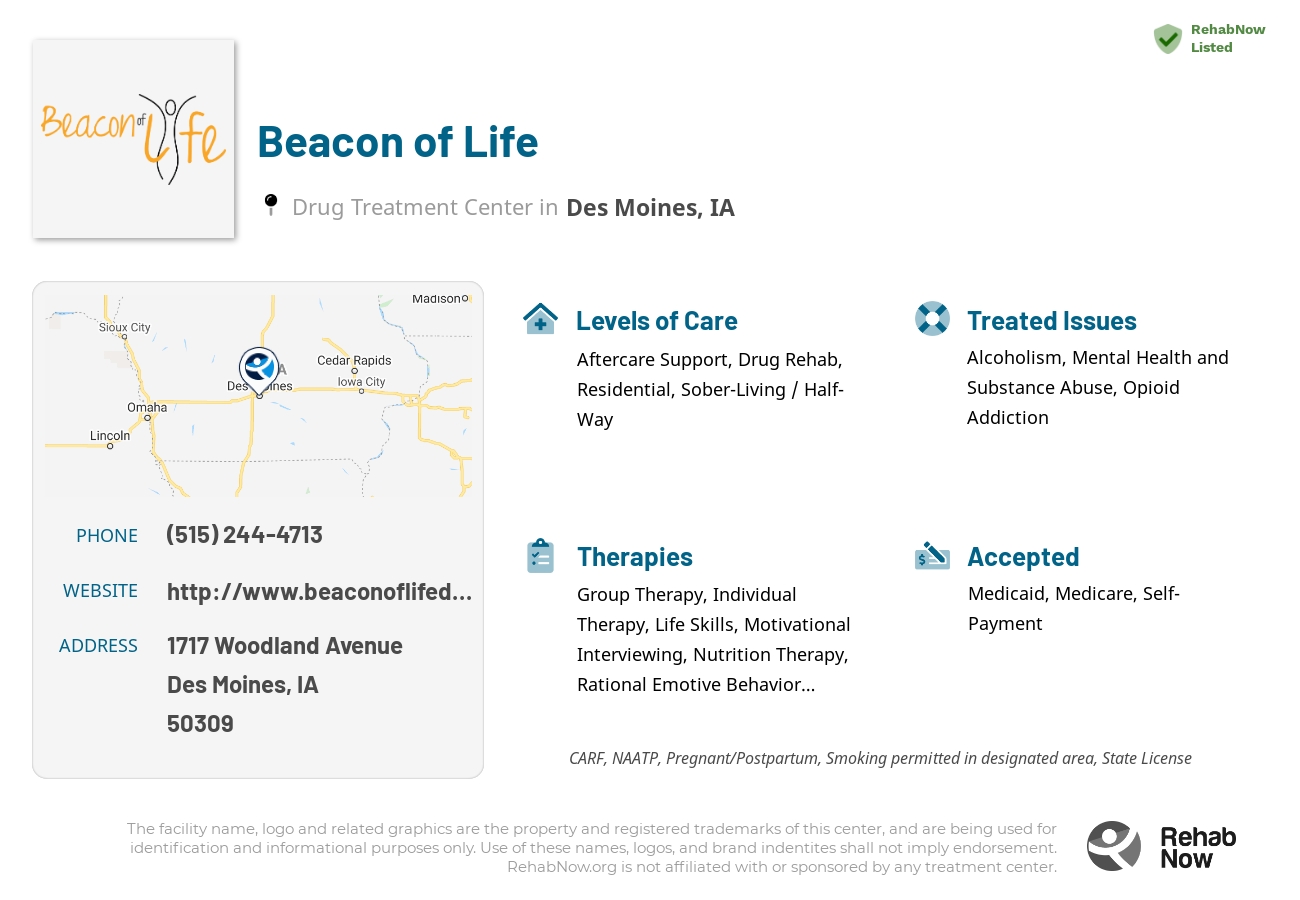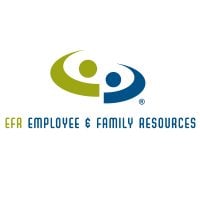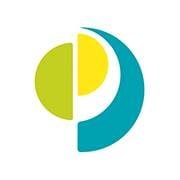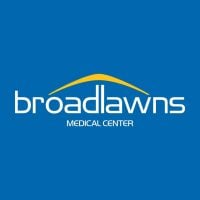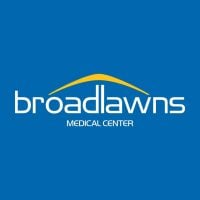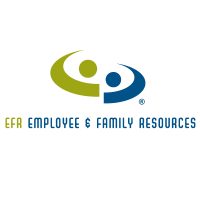Beacon of Life
Drug Rehab Center in Des Moines, Iowa
Beacon of Life is an outpatient facility in Des Moines that offers evidence-based addiction treatment and behavioral health services with a focus on trauma-informed care, personalized treatment plans, skills-building classes, and medication-assisted treatment.
About Beacon of Life in Iowa
Beacon of Life is a 40 bed addiction treatment facility located in Des Moines, Iowa. The facility provides specialized treatment services for people suffering from Alcoholism, Dual Diagnosis, Opioid Addiction, and Drug Addiction. Their comprehensive plan of care includes Aftercare Support, Drug Rehab, Residential, Sober-Living / Half-Way, and Inpatient Levels of Care to help individuals break free from the cycle of addiction. The fully accredited and licensed staff at Beacon of Life are committed to providing a safe and supportive environment for clients to address underlying issues and develop skills to aid long term recovery goals.
Beacon of Life is dedicated to creating personalized treatment plans for individuals seeking recovery from addiction and substance abuse. Their approach includes evidence-based practices such as cognitive behavioral therapy, dialetical behavior therapy, group therapy, individual counseling, 12-step support, and holistic therapies. People will also have access to educational courses and vocational training. These therapeutic methods provide an opportunity for clients to learn and practice healthy skills while exploring the root of their substance abuse. Furthermore, clients are guaranteed confidentiality and have access to an array of services staffed by certified, compassionate professionals.
Genders
Ages
Modality
Additional
Conditions and Issues Treated
Opioid addiction has become a significant health problem in the United States. When a person’s life becomes unmanageable because of an opioid addiction, treatment can help them get sober. Treatment includes medical care and counseling.
“With so many people struggling with opioid addiction, we need more care and attention for those who want to quit. Opioid addicts often take opioids when they experience a painful injury – that’s how the cycle starts! When someone begins taking their medication differently than prescribed or takes an excessive amount of drugs, it means they’re hooked on drugs and in danger of overdosing.
The most successful way to beat this is through detoxing from these types treatments at Beacon of Life in . Most facilities start by using medical support during the process while providing counseling services; rehabilitation comes later on after treatment has been completed successfully.
Levels of Care Offered
This center offers a variety of custom treatment tailored to individual recovery. Currently available are Aftercare Support, Drug Rehab, Inpatient, Residential, Sober-Living / Half-Way, with additional therapies available as listed below.
Going to an inpatient rehab facility means living there while all aspects of addiction or co-occurring disorder get addressed. The treatment involves medical supervision, therapy, and future planning.
This type of rehabilitation provides a drug-free environment for people who struggle with chronic/long-term addiction without having access to drugs outside the center (or their own home). It takes away any distractions because they live there 24 hours per day. If someone is trying to break out old habits, which could lead them back into substance abuse, things like jobs or school can be put on hold until after they complete their stay to focus solely on recovery.
Sober living homes (abbreviated SLHs or sometimes sober houses ) are temporary housing for recovering addicts, most often those in early or mid stage recovery, who typically live in the home for 3 to 6 months.
The typical SLH functions as a halfway house, providing a stable living environment for addicts in recovery.
While at an SLH, residents typically meet with various therapists on site and attend regular 12-step meetings as well as other recovery group meetings.
Residential treatment programs are those that offer housing and meals in addition to substance abuse treatment. Rehab facilities that offer residential treatment allow patients to focus solely on recovery, in an environment totally separate from their lives. Some rehab centers specialize in short-term residential treatment (a few days to a week or two), while others solely provide treatment on a long-term basis (several weeks to months). Some offer both, and tailor treatment to the patient’s individual requirements.
Without aftercare support, addicts can easily relapse back into addiction. It is crucial to integrate the addict back into society. Aftercare support should take place after outpatient treatment has ended.
There are a few different types of aftercare support that patients can seek after completing an inpatient treatment program:
- 12 Step Self-help groups (AA, NA)
- Therapeutic communities,
- Long-term, structured sober living arrangements
- Halfway houses (residential treatment centers)
Many different support groups exist for addicts to seek help after treatment. Some are more effective than others, depending on the person’s addiction, background, and other factors.
Therapies & Programs
Individual therapy is a form of counseling where you meet with a trained professional one-on-one. Meeting with a therapist in this setting allows for a personal and trusting relationship to be built. This allows the patient to open up about sensitive or private issues they may not feel comfortable discussing in a group. Individual therapy helps identify the root causes of your addiction, which can help prevent relapse.
Group therapy sessions are another common addiction recovery service. These group sessions typically involve six to 12 addicts who meet regularly with a trained professional for support and guidance.
During these sessions, the group shares their experiences with one another and provides feedback that can help each member avoid relapse or overcome specific obstacles they are facing in their recovery process. With this type of support and guidance, addicts can feel like they are part of a community that understands their struggles and will help them get through the hard times.
Many people struggling with drug addiction have experienced some form of trauma in their lives. It is crucial that these individuals seek out professional help; otherwise, their drug abuse and addiction will likely continue.
Therapists and counselors at drug treatment centers employ several treatment programs to help people struggling with drug addiction, including trauma therapy. Trauma therapy helps people dealing with addiction by allowing them to confront the traumas of their past and move past them.
It is important to note that trauma therapy should not be confused with PTSD (post-traumatic stress disorder). Rather, it is used to treat the effects of trauma, which are often at the root of addiction.
This type of therapy can help addicts get in touch with their emotions without feeling overwhelmed by them. It also allows the addict to develop strategies for coping with negative feelings that might trigger cravings or lead to relapse.
During these sessions, addicts will learn how to recognize and manage their cravings while developing an action plan for dealing with stress and other triggers. Combining the coping strategies learned in these sessions with ongoing therapy can help addicts lead a stable and healthy lifestyle that is free from addiction.
These types of therapy sessions provide several benefits to people dealing with addiction. By providing a safe environment for addicts to discuss their feelings, therapists can identify the issues that trigger cravings and work with addicts to develop strategies for avoiding relapse.
It’s not as simple as quitting drinking or using drugs and expecting the hard part to be over. Many addicts in recovery have discovered that they need to improve skills such as time management, organization, communication, socialization, and self-esteem. Learning certain life skills can help those who are struggling with addiction.
Medical nutrition therapy for addiction helps patients at Beacon of Life avoid “trigger” foods. Someone who craves alcohol may be sugar addicted. Eating a balanced diet with adequate protein, vegetables, and fruit can help reduce drinking urges.
MNT is a type of addiction treatment that teaches patients about healthy eating habits while counseling them. These sessions include meal planning, cooking demonstrations, shopping tips, grocery store tours, and food education.
Nicotine replacement therapy is a drug treatment that allows people to get the effects of nicotine without chewing or smoking. The therapy is often done with a patch, and doses of nicotine are reduced until nicotine is no longer needed. NRT helps smokers get nicotine into their system without resorting to smoking, and it has been shown to be an effective way to help people quit smoking. Coupling NRT with counseling and other means of support gives long-term smokers a better chance of removing their unhealthy habit.
Payment Options Accepted
For specific insurance or payment methods please contact us.
Additional Details
Specifics, location, and helpful extra information.
Des Moines, Iowa 50309 Phone Number(515) 244-4713 Meta DetailsUpdated November 25, 2023
Staff Verified
Beacon of Life Patient Reviews
There are no reviews yet. Be the first one to write one.
Des Moines, Iowa Addiction Information
Iowa ranks 2nd lowest in the nation for illicit drug use, but 12% of its residents are still using these drugs every single year. Methamphetamines account for more than 90% of all drug-related prison admissions in Iowa. Alcohol is the most widely abused substance in the state, with 23% of residents admitting to heavy drinking.
In Des Moines, the number of drug-related deaths has increased in recent years. In 2013, there were 31 drug-related deaths, which is up from 26 in 2012 and 23 in 2011. The majority of these deaths were caused by heroin or prescription opioids. Some of the most commonly abused drugs include marijuana, cocaine, heroin, and prescription opioids. If you or someone you know is struggling with addiction, please reach out for help.
Treatment in Nearby Cities
- Oelwein, IA (116.4 mi.)
- Clive, IA (6.9 mi.)
- Davenport, IA (158.6 mi.)
- Sac City, IA (90.2 mi.)
- West Des Moines, IA (6.4 mi.)
Centers near Beacon of Life
The facility name, logo and brand are the property and registered trademarks of Beacon of Life, and are being used for identification and informational purposes only. Use of these names, logos and brands shall not imply endorsement. RehabNow.org is not affiliated with or sponsored by Beacon of Life.

